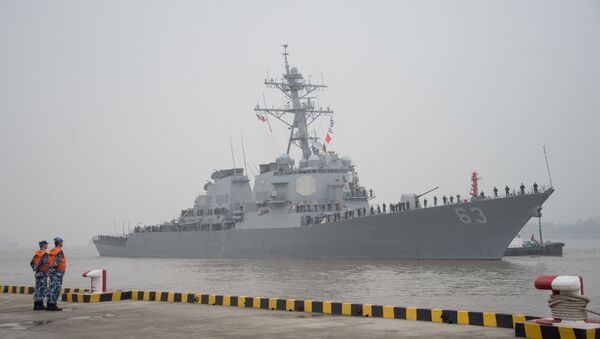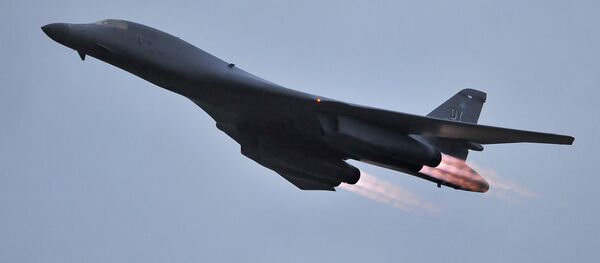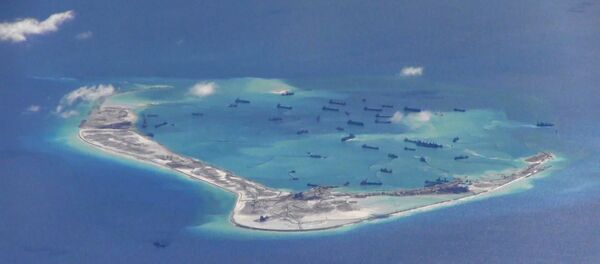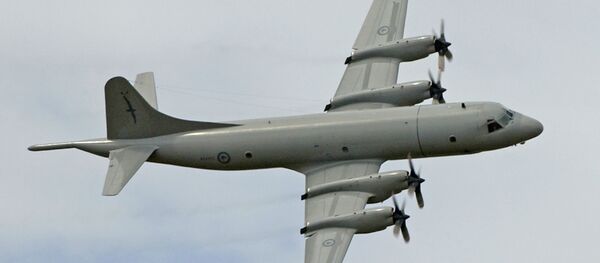In its turn, Beijing "dispatched military vessels and fighter planes in response to warn off the US vessel."
The Chinese ministry described the US aircraft carrier's "entry into the territorial sea of China" as a "provocation."
"Under the pretext of "navigation freedom", the US side once again sent a military vessel into China's territorial waters off the Xisha Islands without China's approval. Its behavior has violated the Chinese law and relevant international law, infringed upon China's sovereignty, disrupted peace, security and order of the relevant waters and put in jeopardy the facilities and personnel on the Chinese islands, and thus constitutes a serious political and military provocation. The Chinese side is dissatisfied with and opposed to the relevant behavior of the US side."
The Chinese Foreign Ministry urged the US to "immediately stop such kind of provocative operations that violate China's sovereignty and threaten China's security," adding that Beijing will continue to take measures to defend its national sovereignty.
The South China Sea area, where Xisha/Paracel Islands are located, is a disputed region claimed by Brunei, China, Malaysia, Taiwan, the Philippines and Vietnam, as it is believed that it has vast energy resources. Chinese authorities claim 90 percent of the area and have repeatedly said that the country's activities in the region are China's sovereign right.
In May, the USS Dewey, a United States Navy guided-missile destroyer also conducted a freedom of navigation operation in the South China Sea. The ship sailed around Mischief Reef, in the Spratly Island chain. The Chinese Defense Ministry accused Washington of militarization of the South China Sea region, following the sailing of the USS Dewey near the Mischief Reef.
Also in May, Chinese fighter jets reportedly came within 100 feet of US anti-submarine and maritime surveillance P-3 Orion aircraft over the South China Sea.





